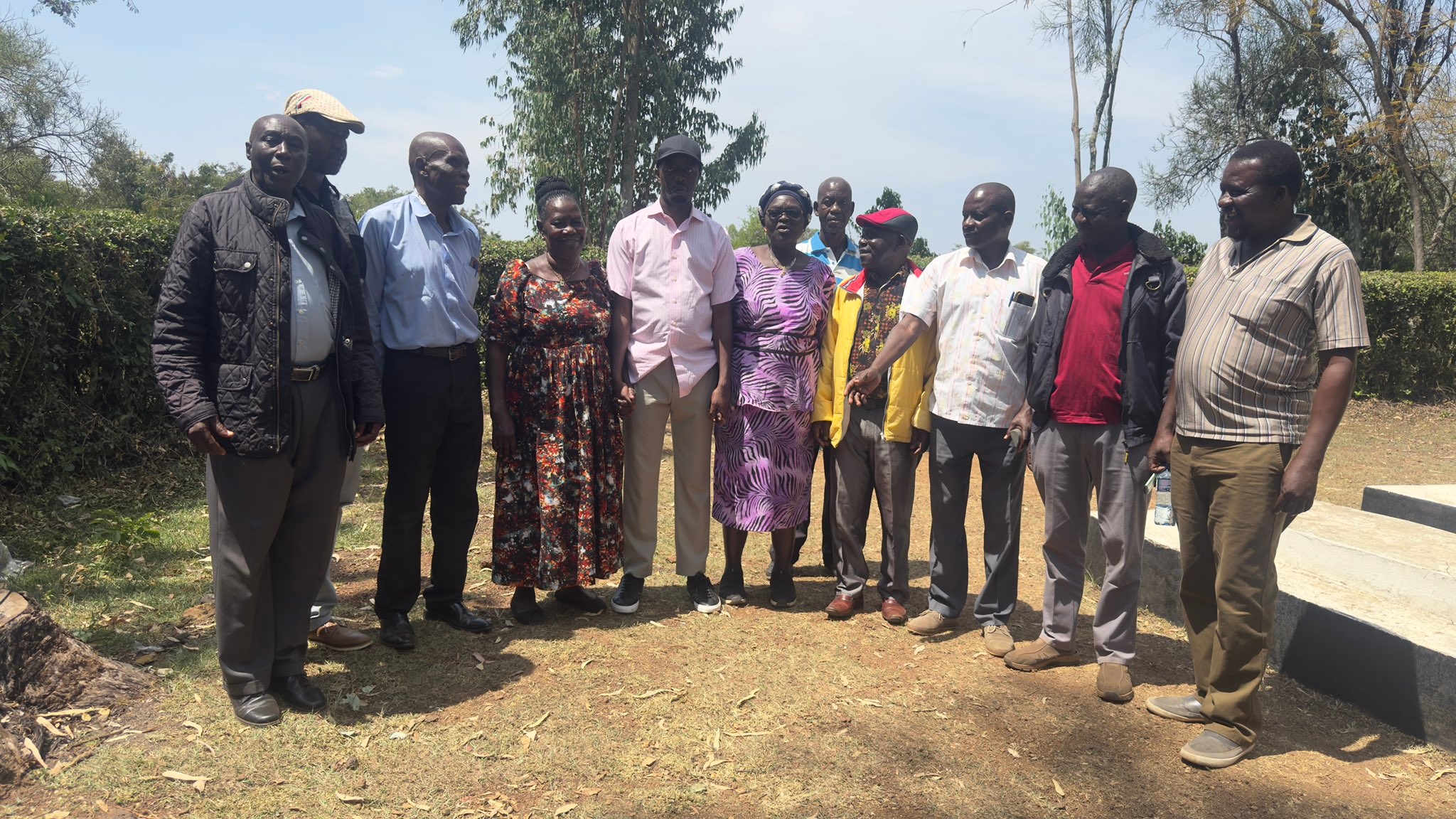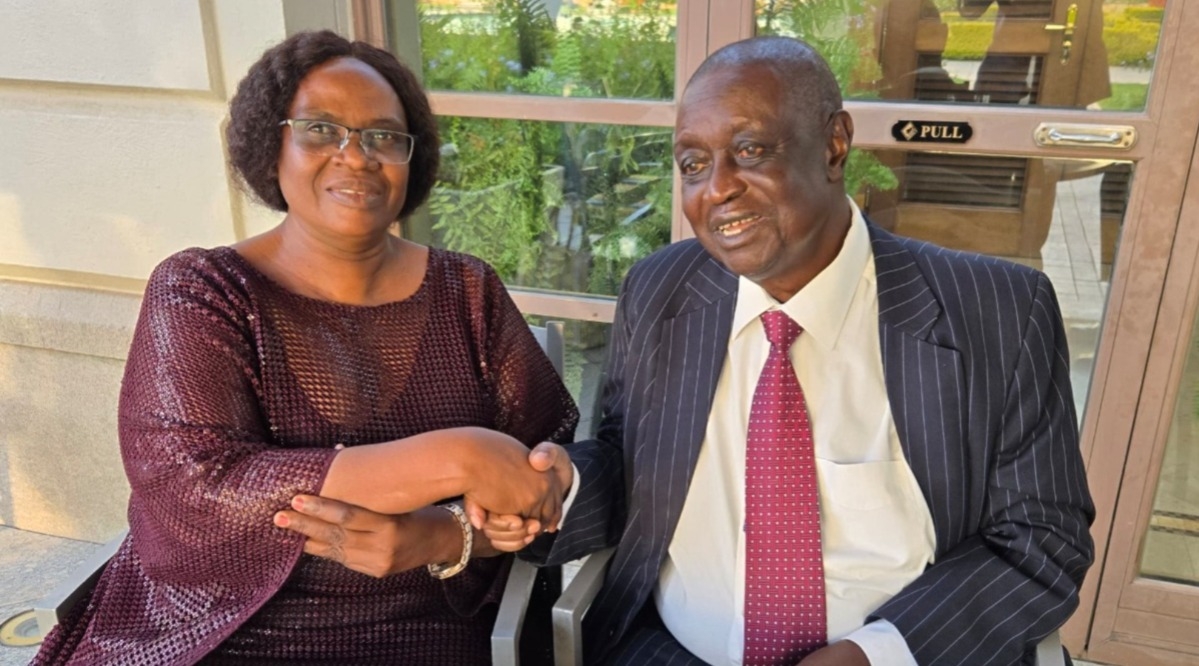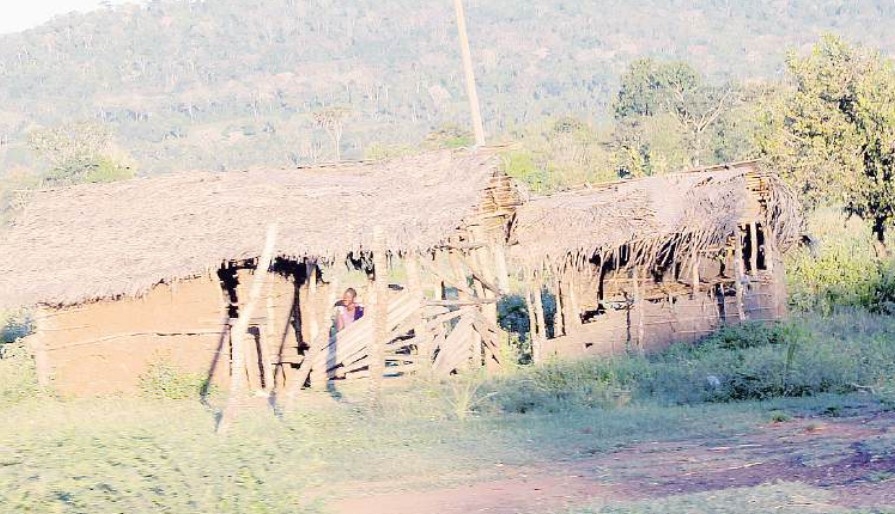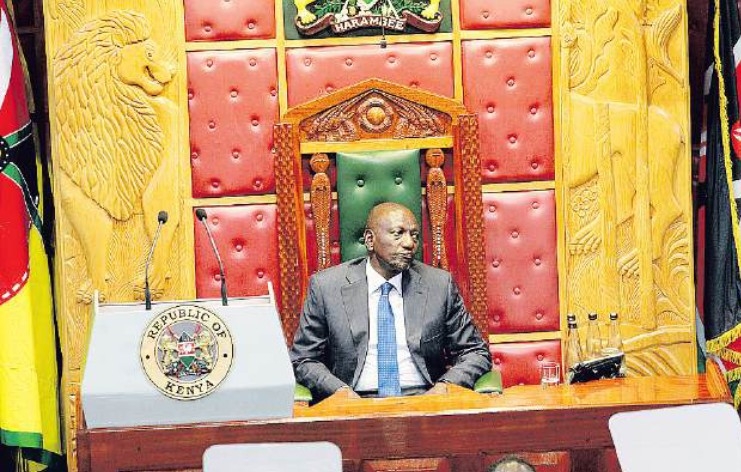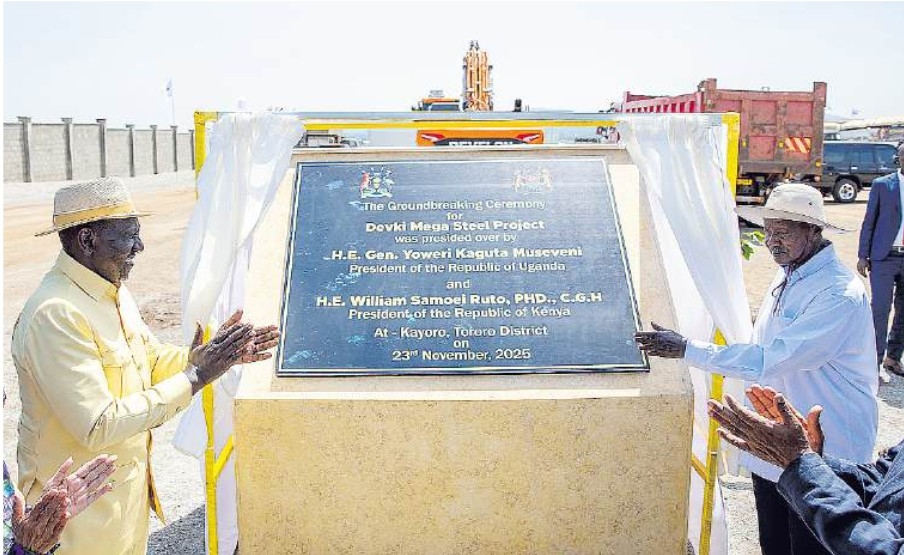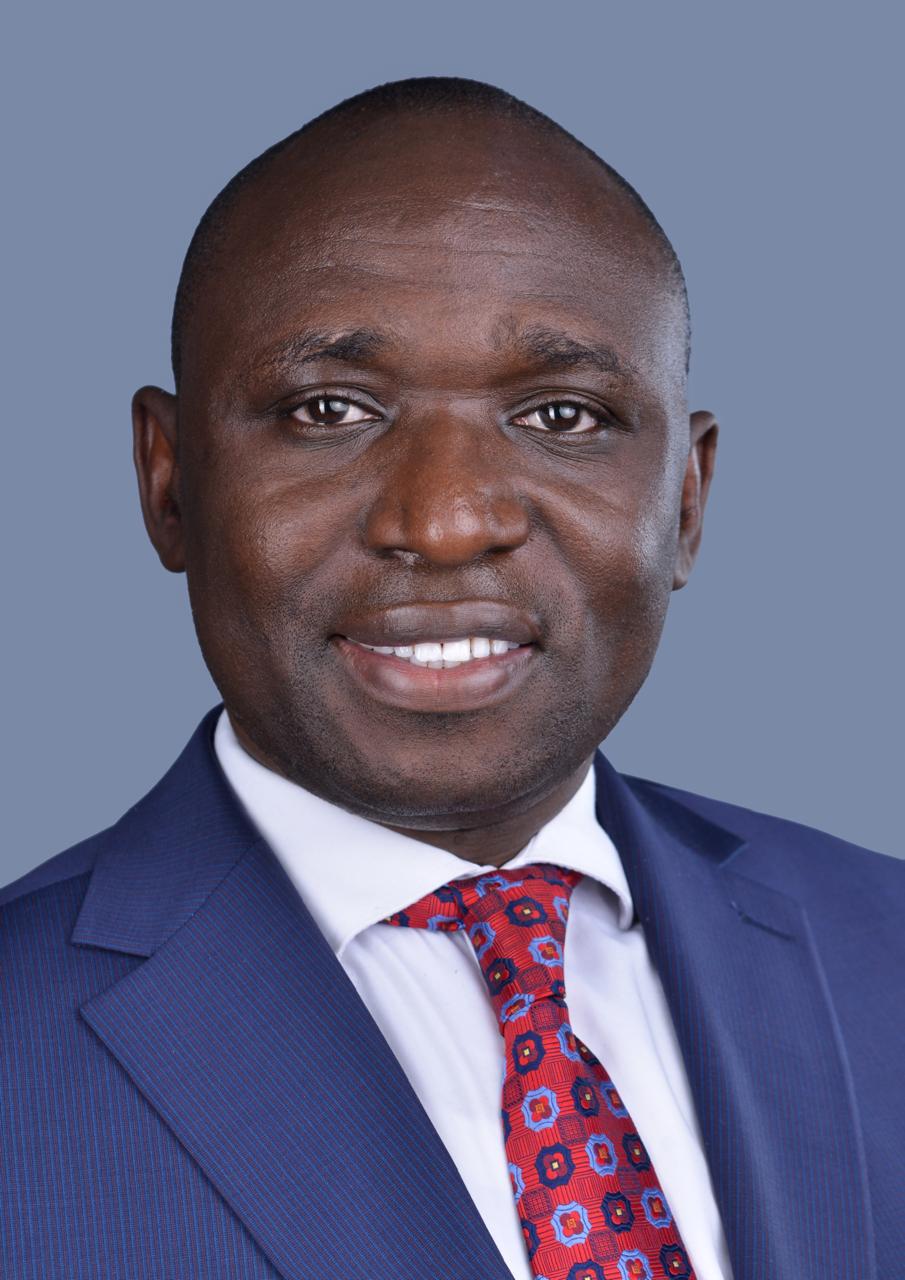
BY NASHON OKOWA
The theme of Mashujaa Day 2024 was housing. Once again, I have pored over this question of housing—affordable housing—intensely deeply since then. I say this once again because I have numerously written over this subject since 2017.
Save for that this time, I have been immensely drowned into the thought of not housing but adequate housing. Our constitution under Article 43 1(b) says, “Every person has a right to housing to accessible and adequate housing, and to reasonable standards of sanitation.”
Further, this is a universal right ratified by many countries. Article 25 of 1949 Universal Declaration of Human Rights and Article 11.1 of 1966 Internation Covenant on Economic, Social and Cultural Rights profoundly speaks to this very right of adequate housing. Reading this, two questions come to mind; What is adequate housing? Does our affordable housing programme meet the threshold of this adequacy?
Before, I venture to answer these questions, let me first hasten to set some records straight. I belong to the minority who believe that the government has a critical role to play in realizing this constitutional right.
A government cannot recline back while a critical segment of its population lacks the basic right to adequate housing. It has to intervene if this right is to be realised. But that’s probably it as far as my concurrence with this government goes as regards affordable housing.
My departure with the government’s affordable housing programme, since 2017, oscillates around the ‘how’ question. Yes, I agree that the government must be involved, but how is it supposed to do that?
That is
where we pitifully depart. There is a wide moat on what some of us believe
ought to be done and what is actually being done. And at the crux of this
departure as well is the concept of adequate housing.
As indicated before, our constitution under Article 43 1(b) intentionally indicated that for the right to housing to be realized, it has to be adequate.
SO WHAT IS ADEQUATE HOUSING?
Under international law, to be adequately housed means having secure tenure and not having to worry about being evicted or having your home or land taken away.
It means living somewhere that is in keeping with your culture and having access to appropriate services, schools, and employment. There are therefore some seven key elements that intensely define what adequate housing is.
First is the element of security tenure. There is universal consensus that housing cannot be considered adequate if its occupants do not have a security that guarantees legal protection against forced evictions, harassment, and other threats.
There is the element of affordability, which is my major concern with our current housing program.
Housing cannot be adequate if its cost hinders the occupants’ enjoyment of other human rights. Closely tied to affordability is habitability.
For housing to be adequate, it has to guarantee physical safety or provide adequate space, as well as protection against the cold, damp, heat, rain, wind, other threats to health, and structural hazards.
The element of accessibility, curiously, was embedded in our constitution right to housing. For housing to be adequate, it must provide for specific needs of the disadvantaged and marginalised in our society.
HOW ABOUT LOCATION?
This is another critical element that is at the core of defining what adequate housing is. Perhaps one of Singapore’s main elements of their housing programme.
And as well of the elements that ably impeaches our government’s housing programme as being inadequate. It requires that for housing to be considered adequate, it cannot cut off people from employment opportunities, healthcare services, schools, childcare centres and other social facilities, or if located in polluted or dangerous areas.
Juxtapose this with the much-celebrated government Mukuru housing project. The second last element is the availability of services, materials, facilities and infrastructure: Housing is not adequate if its occupants do not have safe drinking water, adequate sanitation, energy for cooking, heating, lighting, food storage, or refuse disposal.
Last is culture; for housing to be adequate it has to respect and take into account the expression of cultural identity.
Considering the above, it is in the sunlight that the ongoing government housing programmes cannot meet the constitutional threshold of Article 43 1(b) as being adequate. Probably why there is a constant diversion to other pedantic matters of the housing programme; employment numbers.
The first about turn has to be to stop this perpetual financialization of housing. As we continue with this program, it is imperative that we be unequivocal to state the obvious; government is providing housing not adequate housing as per our constitution and other universal declarations.
This is a business opportunity to create wealth and employment,
not a programme to realise a basic human right.
The writer is a construction manager, author and Director at Beacon Africa





